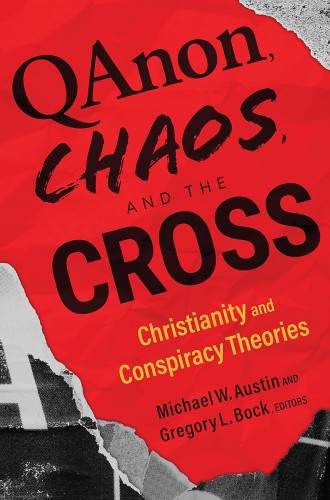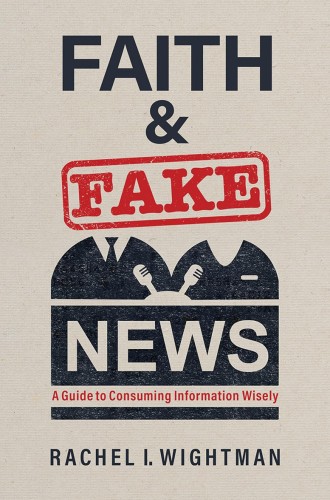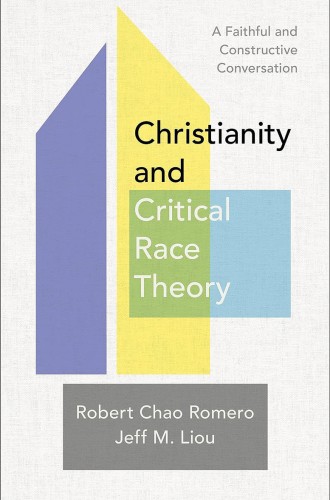Fake news at church
Three new books investigate how misinformation shapes evangelicals—and propose better ways to reason together.
In 1960, John Courtney Murray wrote We Hold These Truths, offering a Catholic reflection on the American proposition. The Jesuit theologian named the truths of the proposition: All men are created equal. Nature’s God bestows inalienable rights on all. Neither government nor a majority can infringe upon these rights. With our liberty we are free to pursue happiness, and the happiness of everyone is consistent with creating a more perfect union for all. We create a government of laws, not individuals.
Throughout American history, these core truths were held by most. Political parties, religious groups, and voluntary associations disagreed mightily about how to seek and secure the most abundant future, but few doubted the tenets underlying liberal democracy. The core outlook was expanding—to include women, people of color, and those who did not own land—and was promoted internationally by US foreign policy.
That core vision, still dear to many, no longer exclusively guides the national discourse. Truths of the proposition have been replaced by social media trumpetings, outright lies, and conspiracy theories. Yesterday’s big lie is tomorrow’s truth. Deeper still, truth itself has become a question mark. As a result, our sense of “we” is increasingly fractured. Immigrants, people of color, LGBTQ people, and political antagonists are frequently portrayed as dangerous animals, criminals, and sources of cultural decay. Those supportive of the outcast are leftists, Marxists, and pedophiles.







